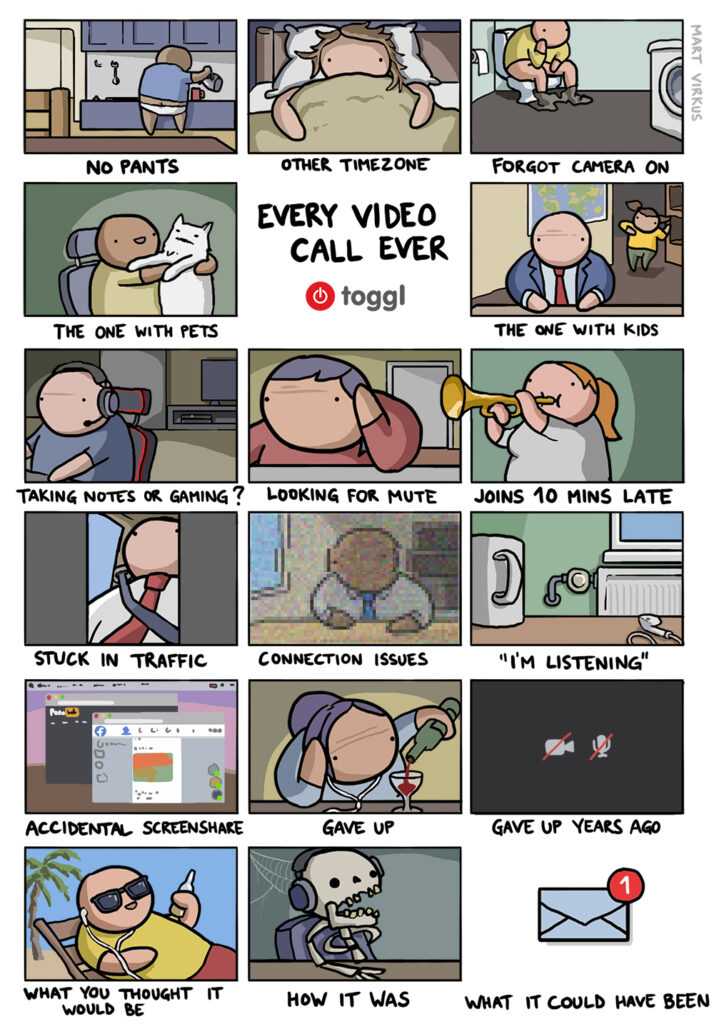nVidia has a blog post over the proceeding. Of course, not only for the sheer size of the deal at $40B, not only techcrunch but also The Verge report on how Nvidia is acquiring Arm for $40 billion. The impact and consequence of the deal is suspected to be huge. ARM’s market share in mobile computing has been tremendous. Through their licensing modes, many mobile phones can remain affordable with decent CPUs and GPUs. With nVidia in the game, a huge single vendor emerges for the market, that some random sources expressed concern over market dominance.
Category: Business & MBA
Business related notes.
-
Snyk closes mega funding round

snyk Snyk closes mega funding round: the London based company offers open-source services and products for modern security. The company announced the funding round on it’s own blog. The company, founded by Guy Podjarny, grew rapidly since it’s founding in 2015. The product addresses modern security needs for a container driven IT world. With open source and developer first approaches it delivers an approach that hits a nerve. Increasing complexity of software development and dependencies to open-source components drives demand. Dependencies to open-source components are a twofold reality: They allow faster development for any product team. At the same time, they bring a level of complexity that requires additional management. This reality created a market for companies like Snyk, but also WhiteSource or BlackDuck, in the security space, with a special focus on software development.
Snyk helps software-driven organizations find and fix vulnerabilities in open source dependencies and container images.
We are truly humbled to announce the closing of our latest funding round—an investment of $200 million led by Addition—to modernize the security industry.
from the Snyk blog.The funding round is a Series D. Snyk closes mega funding round: With previous rounds, the company expanded internationally before. This recent funding round let’s expect further rapid growth of the brand and product. The size of the funding sets expectations for the near future pace of growth.
Source: Snyk Closes $200M to Modernize Security Industry | Snyk
-
Sumo Logic aims to raise $310 million in US IPO
Sumo Logic plans to go public. The company offers log management services, along with analytics for the purpose of management and observability of IT Systems. The offer comes differentiated as a fully managed solution, delivered from the cloud. Now the company apparently plans for an IPO, reports Reuters:
Source: Reuters – Big data firm Sumo Logic aims to raise $310 million in U.S. IPO
-
SAP Announces Intent to Take Qualtrics Public
SAP has announced its intent to take Qualtrics public through an initial public offering (IPO) in the United States. Read the press release.
Update
TechCruch also has some coverage on the planned Qualtrics IPO.
-
Automatisierung schafft Freiräume
Aber nur solange die Künstliche Intelligenz nicht weiterentwickelt wird. 🤷🏻♂️
-
Karstadt schließt Filialen
Es ist eine der größeren Schlagzeilen der letzten Wochen, dass Karstadt durch Corona bedingt in Schieflage gekommen ist und deshalb Filialen schließen muss. Julian Hein hat auf Twitter ein paar Gedanken zu der Situation festgehalten, die man in dem Zusammenhang nicht vergessen sollte:
-
Apple to transition to ARM
The rumours ain’t new, but appear to become more tangible. This time Ars Technica reports an announcement could happen as early as this years WWDC.

The report bases on Mark Gurman, an Bloomberg News reporter focusing on Apple News. He initially published an article in Bloomberg News on the topic and tweeted:
Not only cost structure and ownership of IP is a significant driver for Apple’s motivation to transition. Most likely, the move will also mean good/bad news for customers and Intel:
Report claims internal Apple testing has seen “sizable improvements” over Intel.
From the articleSource: Ars Technica
-
Slack partners with Amazon

All of Amazon’s AWS employees will now use Slack The market for collaboration tool has been sparked by Slack a few years ago. It has been subject to heavy fights since. Microsoft Teams not only entered the market but overtook the early mover quickly. The fight escalated perceivably when Slack accused Microsoft of ripping off its ads in late 2019.
AWS and Slack recently announced a partnership, indicating how hot the market apparently still is. With these two heavyweights in the ring, expect some movement in the space.
Source: The Verge
-
Every Video Call Ever
Since COVID-19 let’s us work from home, we all made our experiences with Videoconferences. The tools make it possible to work from home, yet some still have to get used to the new freedom. We all know the feeling in these conferences, with colleagues listening or not, playing with their pets, kids or Zoom Backgrounds. Toggl, maker of fantastic time tracking software, nails it:

Video Conference Bingo -
New York’s Newest Unicorn
DigitalOcean, provider of Cloud Services, raises $50M to achieve a $1.15B Valuation, making it into the ranks of unicorns, reports Crunchbase.
Crunchbase